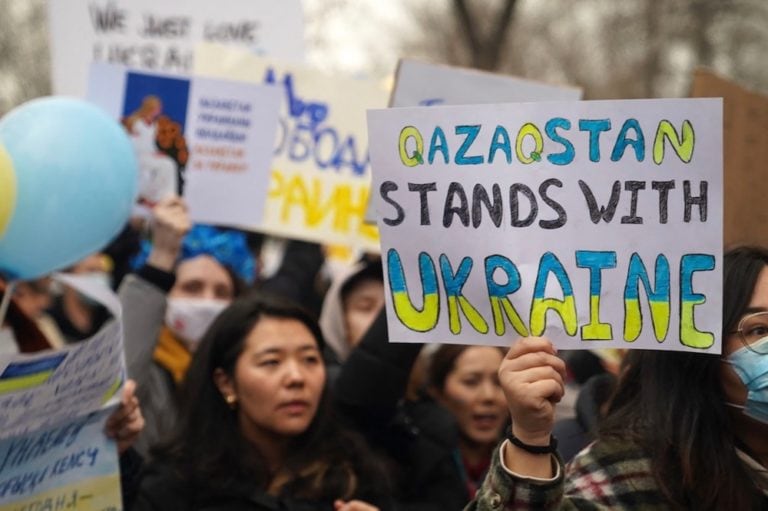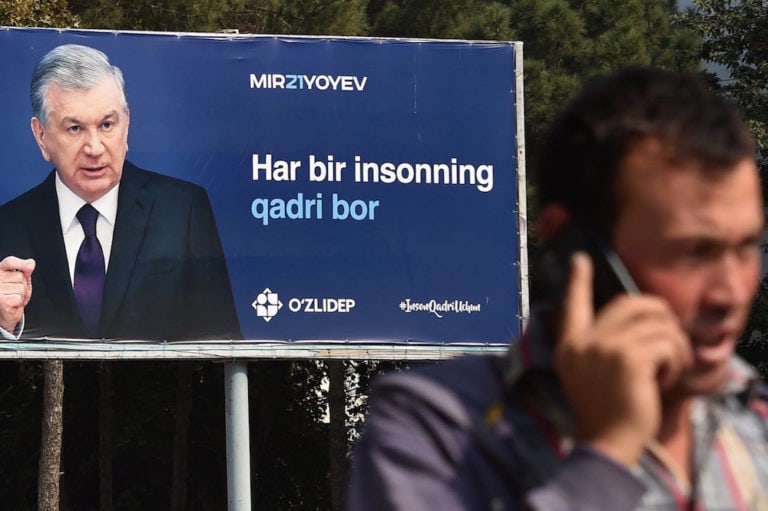(RSF/IFEX) – RSF has urged the Uzbek authorities to make use of legal provisions allowing for his amnesty to immediately release journalist Ruslan Sharipov, now that he has served one-third of his sentence. The call was issued after the government commission responsible for executing sentences met on 12 June to consider the possibility of commuting […]
(RSF/IFEX) – RSF has urged the Uzbek authorities to make use of legal provisions allowing for his amnesty to immediately release journalist Ruslan Sharipov, now that he has served one-third of his sentence.
The call was issued after the government commission responsible for executing sentences met on 12 June to consider the possibility of commuting Sharipov’s sentence, under Article 164 of the Criminal Code.
“Known for his criticism of the government and his human rights work, Ruslan Sharipov is a symbol of the oppression of journalists in Uzbekistan today. The charges against him only aim to silence a dissident voice,” RSF said.
“Releasing him would do much to restore the country’s image, which has been tarnished by so many press freedom violations,” the organisation added.
On 25 September 2003, Sharipov, aged 25, was sentenced on appeal to four years in prison for “homosexuality”, under Article 120 of the Criminal Code, and for “sexual intercourse with a minor” under Article 128. Following a general amnesty in December 2003, the sentence was reduced to just over three years. The authorities had indicated at the time that he could be freed in June 2004.
A former president of the Union of Independent Journalists of Uzbekistan (UIJU) and correspondent for the Russian news agency Prima, Sharipov was arrested on 26 May 2003. Under duress, he pleaded guilty on 8 August, asked President Karimov’s forgiveness for his critical articles, and waived his right to a lawyer. In a 5 September letter to United Nations Secretary-General Kofi Annan, Sharipov said he had been forced to plead guilty after being subjected to physical and psychological torture.
Sharipov has never denied his bisexuality but claims he has never met the adolescents who were alleged to have been his victims. They were arrested on 26 May and held for three or four days. Sharipov’s lawyer claims they were beaten and threatened by police to get them to testify against Sharipov in court. In fact, the trial had to be adjourned several times when they failed to turn up.
For several years, Sharipov has been the target of harassment aimed at getting him to renounce his human rights activities and articles criticising the Uzbek authorities.


